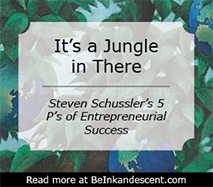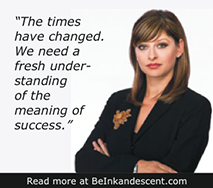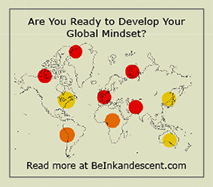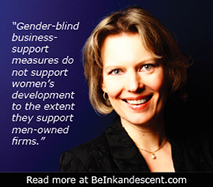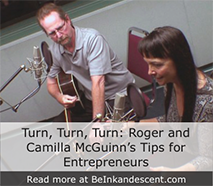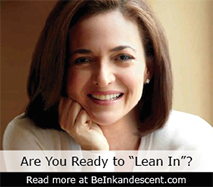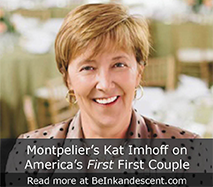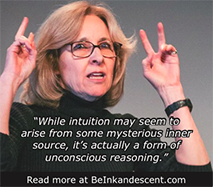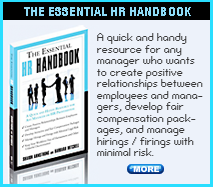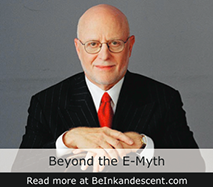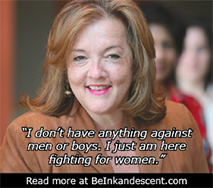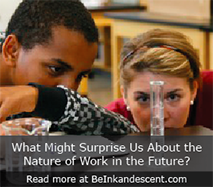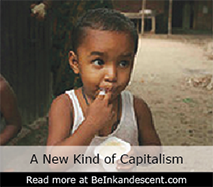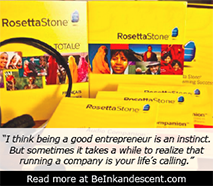Questions for your consideration:
1. What inspired you to write this book?
Ten years ago I visited Mount Vernon and was struck by how English it seemed. The furniture in the mansion and the paintings, the layout of the rooms, even the size of the house reminded me of small manor houses in the English countryside. The many groups of American schoolchildren touring both mansion and grounds reminded me – if I needed reminding – that the Washington’s’ home is something approaching a national shrine. But there was this justification for my first impressions. George and Martha Washington were loyal British colonial subjects when they married. In 1759. They sent to London for fashionable goods with which they equipped their home here.
I was intrigued by the journey into radicalism on which this loyal British couple subsequently embarked. A journey in the course of which George became, in 1775, commander-in-chief of the American patriot army in the Revolutionary War, and, in 1789, first President of the new nation. Martha was at his side every step of the way. She joined him in makeshift winter headquarters during the war, and she later became, of course, America’s first presidential spouse, before the couple withdrew here in 1797 at the close of George’s second term.
I wanted to read about this marriage, about George and Martha’s relationship, about the journey into radicalism this couple made together. When I found there was no book on the subject – well, there was nothing for it. I had to write it myself! The Washingtons: George and Martha: Join’d by Friendship, Crown’d by Love is the result. And I have to say, I enjoyed every moment, researching and writing it.
2. What are the three big lessons you hope readers will take away from it?
First, I thought of the saying, ‘Love conquers all’, often while writing my book. George and Martha’s love for each other helped them surmount so many difficulties during their long marriage. And their love for their home, Mount Vernon, a love which later extended to embrace their fellow patriots and later their new nation, the United States, was as important.
Second, I would like readers to come away knowing that George Washington’s marriage to Martha was a key element in his life. They will be perhaps surprised to learn that Martha Washington was a considerable force in her husband’s political career, encompassing the years when he was commander-in-chief as well as President.
Third, I would like readers to see, through the prism of the Washigntons’ marriage, how the early days of the United States were very much a matter of experiment. I found it fascinating that the Washingtons, as first President and first Presidential spouse, looked to the manners and customs of European Courts in fashioning the receptions and dinners where they entertained members of Congress and envoys from abroad. George and Martha, in effect. headed a republican Court! But they had to strike a balance between being democratic or republican enough to satisfy critics at home and heading an office of the President sumptuous enough to impress ambassadors from the Courts of Europe. They did a great job!.
3. Tell us about the second lesson of the book.
George and Martha began as a young and attractive couple forging a life in colonial Virginia together. Into that life she brought wealth – and two children – from an earlier marriage to a fellow Virginian, Daniel Parke Custis, who died in 1757. That wealth was important for Washington, who had little of his own. But as important was Martha’s robust and capable character. She was a tough cookie, as they say. George was a much more nervous character. She shored up his resolve at Mount Vernon before the war, later during the conflict when he was – with reason! – despondent, and later still smarting from political attacks during the Presidency. Only after George’s death, two years after his second Presidential term ended, did Martha crumble. This redoubtable woman, who had survived the deaths of her first husband, of all her four children with that husband and many other lesser griefs, no longer wanted to live without George.
4. When was the moment in your childhood / life when you developed a passion for American history? And what do you think can be done to inspire more kids to get excited about learning about the past?
As a historical biographer specializing in lives of eighteenth century women – with lots of men thrown in! – I have always studied worked in British and European archives, reading my subjects’ correspondence and journals, for instance. When I married in 1997 an American citizen and began to know the eastern seaboard of the United States, I was immediately excited by the wealth of eighteenth century material in different American archives and State Historical Societies. The extraordinary richness of colonial and revolutionary history in such places as Alexandria, Boston and Philadelphia was exciting to absorb. And the National Park Service revolutionary war battlefield sites thrilled me. I think there’s nothing to beat going to the places and walking the same ground people of the past walked. But virtual tours on the web are nowadays also excellent, where travel is expensive or difficult with young children. Films and books – and TV and radio interviews available on sites such as yours – are terrific to enthuse young historians.. Finally I would recommend, for parents and educators, historical sites on twitter, many of which I follow and which have much entertaining information and good images.
5. If you win the Washington Book Award, what will you do with the prize money — and what will be your goal to accomplish during your year of being the reigning Award winner?
If I won the Award, I would be too excited for some time to even think of spending the prize money! But I would certainly aim to take my three children, who are in their teens and twenties, on a tour of some evocative National Park Service Revolutionary War locations. Valley Forge and Morristown spring to mind. And of course we’d vsiti Mount Vernon! I would like them to understand that sometimes hope is evanescent but determination helps the courageous win through. At both places I mention, George and Martha endured months of hardship together, when victory against the British seemed a far distant hope.
My goal, were I to become the reigning Award winner, would be to engage an ever wider – and younger – American audience. I would like to bring alive for them the personalities of George and Martha Washington and their contemporaries. So that these Founding Fathers – and Mothers! – become more human, less statuesque and irreproachable, and more approachable. That way, we can understand better how lofty were their aims and ambitions, and how very human were their faults and failings.
Last but not least, we’d love to include your thoughts as part of our upcoming ebook: “How are you a Grateful American?” We just need a few graphs, and we’ll include your bio and photo. See other comments here: http://gratefulamericanfoundation.com/how-are-you-a-grateful-american/
Ever since marrying into an American family twenty years ago, I have felt more than half American, though I remain a British national. I am delighted that my sons have dual American and British nationality. My American parents-in-law, to whom my book, The Washingtons, is dedicated, both came to the States from Europe in the 1940s. So I was conscious, from the beginnings of my American life, of the welcome America has shown over the centuries to so many refugees and immigrants. I am also hugely grateful to the American college system, under whose aegis my – British – daughter flourished as an international student. Professionally, as I have written above, I find the exploration of the American 18th century absorbing. And finally, I must pay tribute to my longstanding American editor, Robert Gottlieb, and to my publisher, also of long standing, Alfred A Knopf in New York. Each of my books is edited and produced to the highest possible standards. As a writer, there is nothing more one could possibly ask for. For this, above all, I am a grateful American author.
Hope Katz Gibbs, executive producer
David Bruce Smith’s Grateful American™ Foundation
Dedicated to restoring enthusiasm in American history for kids — and adults — since 2013
1719 W. Main Street, 2nd floor, Richmond VA 23220
1101 17th Street, NW, Suite 605, Washington DC 20036
Online: www.gratefulamericanfoundation.com
Coming July 4, 2016: GratefulAmericanKids.com
Email: hope@inkandescentpr.com / hope@hopegibbs.com
Phone: 703-346-6975
=























